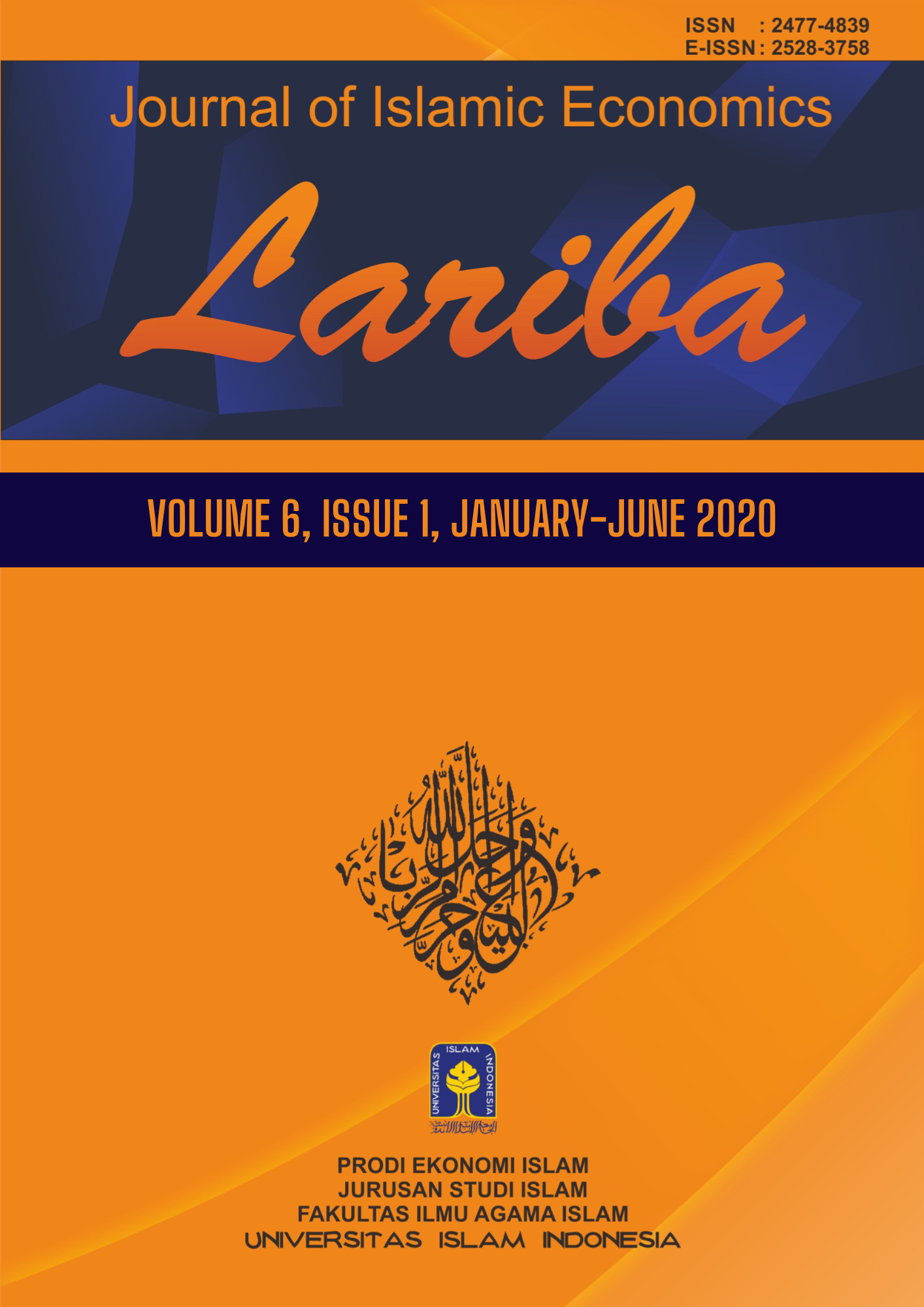Main Article Content
Abstract
One of the reasons for the low public transactions in Islamic banks is their low Islamic financial literacy. Financial literacy is the level of knowledge, skills, trust in financial institutions, along with their products and services. The objective of this research is to understand the role of BMT in increasing Islamic financial literacy among society. This study is field research in nature. The study employed descriptive analysis with a qualitative approach, and the data were collected through interviews and documentation. The study was conducted in BMT Amanah Ummat Taram, Kecamatan Harau, Kabupaten Limapuluh Kota. The result showed that Islamic financial literacy is of the utmost importance in society. The society could carry out economic activities under Islamic law and start to move from conventional financial institutions to Islamic financial institutions, such as BMT. Efforts have been taken by BMT to increase Islamic financial literacy. These efforts are the socialization of the Islamic economy, communal Qur’an reading, and skill coaching to improve the quality of internal human resources. Improvements in BMT efforts are including introducing transaction agreements and BMT products to increase customers’ knowledge, promoting products and services through social media to increase customers’ trust, and educating financial management and saving to increase customers’ skills. The main obstacles faced by BMT in their efforts increase Islamic financial literacy is the mindset of the society, education, and lack of skilled and competent staff.
Article Details
Authors who publish with this journal agree to the following terms:
- Authors retain copyright and grant the journal right of first publication with the work simultaneously licensed under a Creative Commons Attribution License that allows others to share the work with an acknowledgement of the work's authorship and initial publication in this journal.
- Authors are able to enter into separate, additional contractual arrangements for the non-exclusive distribution of the journal's published version of the work (e.g., post it to an institutional repository or publish it in a book), with an acknowledgement of its initial publication in this journal.
- Authors are permitted and encouraged to post their work online (e.g., in institutional repositories or on their website) prior to and during the submission process, as it can lead to productive exchanges, as well as earlier and greater citation of published work (See The Effect of Open Access).




